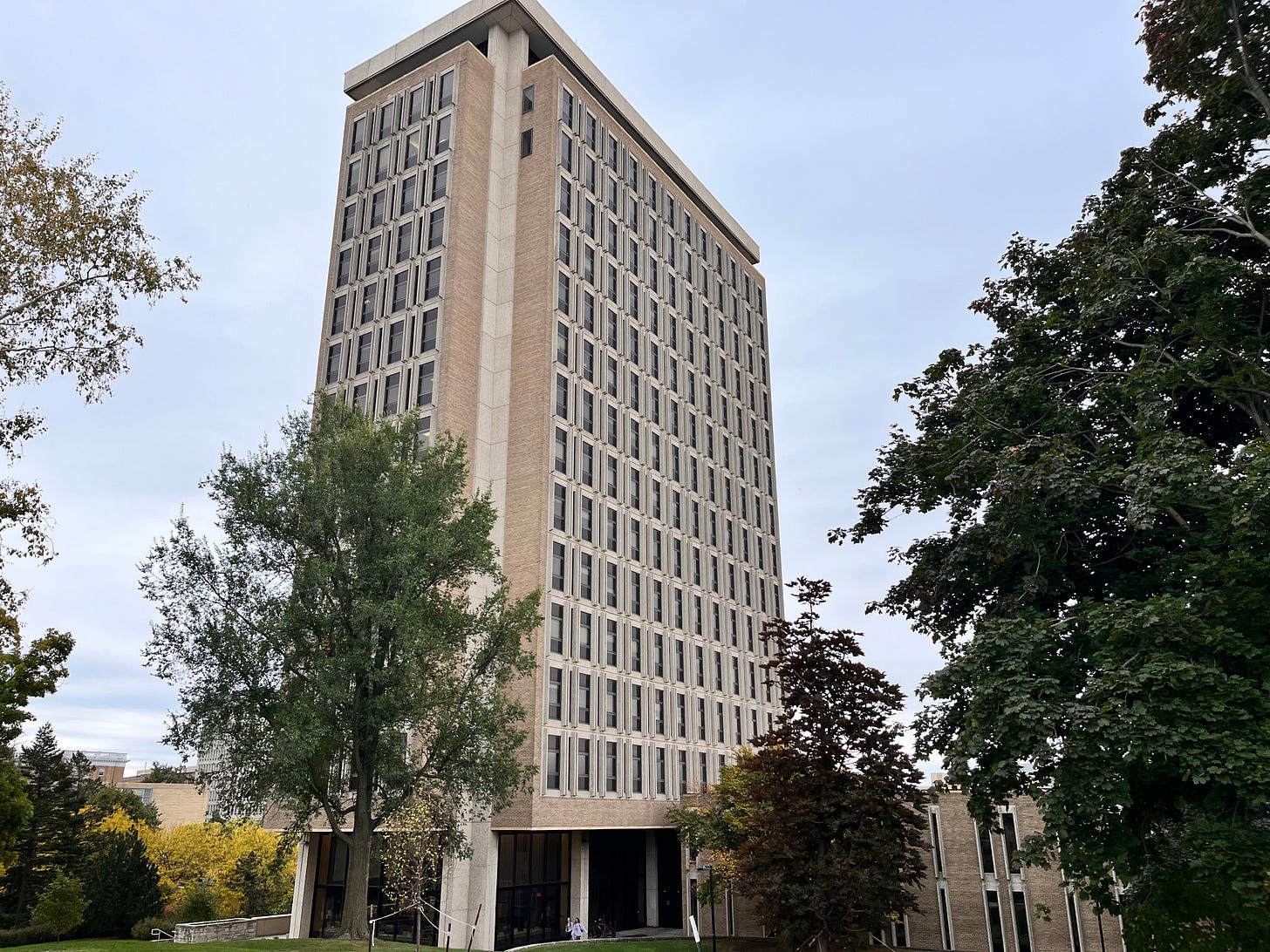Wisconsin Association of Scholars Calls on UW System to Condemn Charlie Kirk Assassination
After the conservative activist was murdered, many professors across the country celebrated his death
The Wisconsin Association of Scholars released a statement on September 21st condemning the assassination of conservative political activist Charlie Kirk, who was killed earlier that month during his American Comeback Tour. Kirk was shot in the neck while engaging in an open debate with college students at Utah Valley University, and his murder has sparked grave concern for the future of free speech on campuses.
This statement denounced political violence and acknowledged that “his assassination is a direct attack on all universities and their core mission.” The professors who signed the statement stand firmly behind the use of free speech to promote the “continual and fearless sifting and winnowing” of opposing viewpoints.
The association is a nonprofit organization serving as a chapter of the National Association of Scholars. Their Board of Directors is composed of faculty from colleges around Wisconsin, including UW-Milwaukee and UW-Whitewater. Its mission is to uphold the standards of a liberal arts education, which includes seeking truth, higher education, and intellectual freedom.
The statement called on the Universities of Wisconsin to issue a statement “reiterating their support for free speech on campus, as well as condemning the horrific murder of Charlie Kirk while engaging in such.” As of mid-October, no such statement had been released.
UW System spokesman Mark Pitsch said in an email to The Madison Federalist, “The 13 Universities of Wisconsin champion freedom of expression in a challenging and polarizing political environment.”
He pointed The Federalist to an address given by UW President Jay Rothman at the September UW Board of Regents meeting, where Rothman said, “We must always, always reject political violence. We need vibrant universities filled with diverse perspectives. We need students who are challenged and who challenge others. And we need to show the world that disagreement can coexist with respect.”
Pitsch confirmed ongoing efforts to monitor the state of free speech and expression through publicly disclosed annual reports, in accordance with UW Board of Regents Policy.
Several signers of the statement elaborated on their concerns in emails to The Federalist regarding discourse on college campuses following Kirk’s assassination.
Shale Horowitz, Professor of Political Science at UW-Milwaukee, said, “Any killing of an innocent person is awful and depressing. It’s even more awful and depressing than usual in Charlie Kirk’s case because he was speaking at a university and because he was an advocate and exemplar of persuasion through open debate.”
Jessica McBride, a Professor of Journalism at UW-Milwaukee, shared a similar sentiment in her statement. McBride said that she “would equally condemn the assassination of any person who was doing the same no matter their political perspectives.”
McBride is “concerned that some conservative students may feel even more afraid to express their views on campus than they were before” and that “a university wide statement, versus silence, would have helped to reassure them.” She continued, “I do not see condemning the assassination of Charlie Kirk to be a political statement. Murder is wrong. As he was murdered on a college campus, I do believe the universities as institutions and the system as a whole should have all condemned the murder and reiterated their support for free speech.”
Brian Volkman, Professor of Biochemistry at the Medical College of Wisconsin, said he was “horror-stricken and deeply saddened, despite being only moderately familiar with Charlie Kirk and TPUSA.”
Volkman said that “MCW is doing a better job than in the past of inviting diverse viewpoints.” However, he added that “the campus culture remains very hostile to unpopular opinions.” Volkman said this culture “will only change when institutions make a conscious effort to hire leaders who are clearly from the conservative side of the political spectrum.”
The scholars who gave comments to The Federalist spoke on their own behalf, and their views do not necessarily reflect the institutions they work for.




